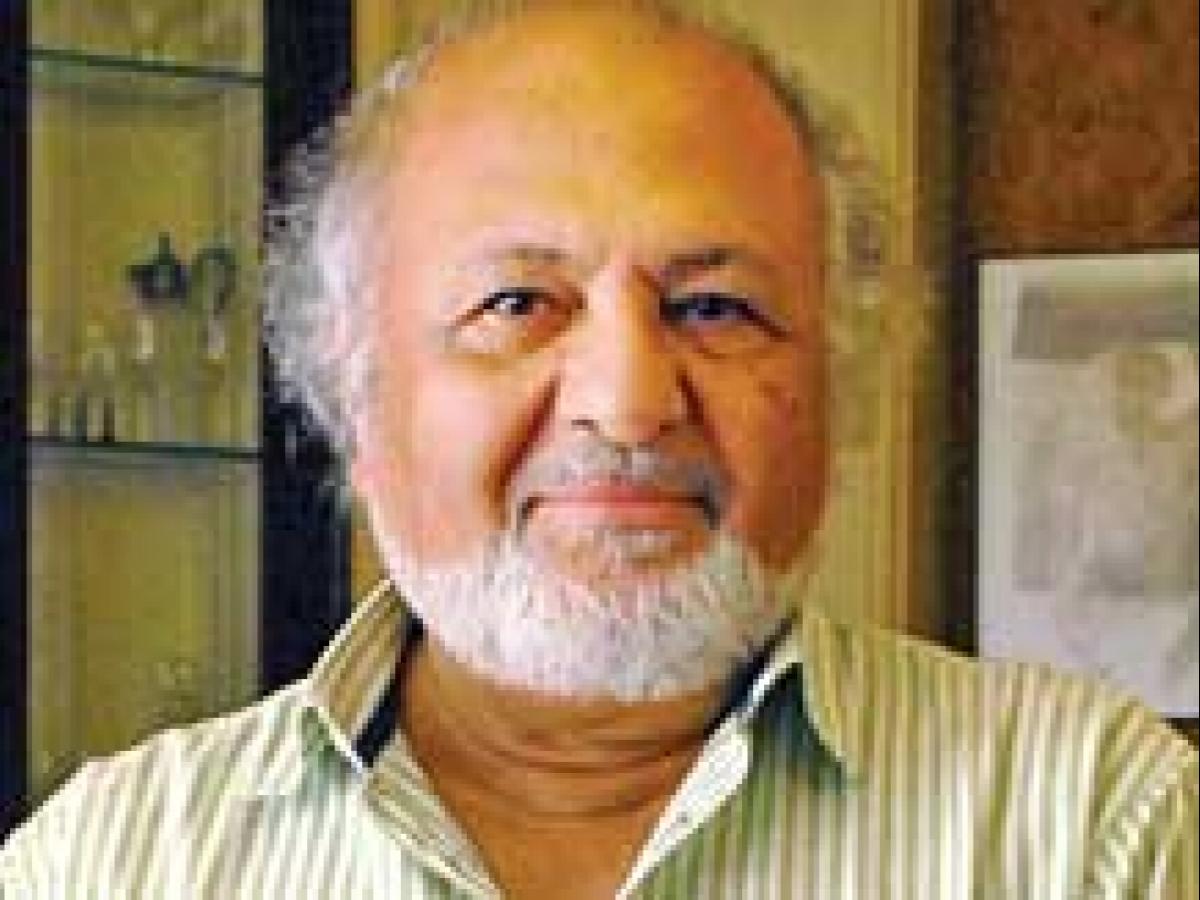What’s in a name? For many people in India after December 6, 1992, as in November, 1984, the world was easy to comprehend. You were either a Hindu, a Sikh or a Muslim. Your name said it all and did anything else really matter? But there were many many more human beings around then, as they are today, who simply, would not be pigeon-holed into an ‘us’ or ‘them’ compartment. Two years after thousands of deaths, and much more, followed the demolition, Combat spoke to four individuals whose life experiences and values can never be encapsulated in a name Hope amidst fear Its two years since the sacrilege in Ayodhya and the countrywide conflagration which followed. Ten years after the anti-Sikh carnage in the capital of the Republic and elsewhere, traumatized survivors are still crying for justice. November, 1984 and December, 1992 must never be forgotten for both showed how shaky the foundation of India’s secular-democratic state is. But nor must we fail to recognise hope amidst fear. In a civilization spiritually fertilised by the bhakti-sufi tradition, there never was and never will be a dearth of decent human beings. This special year-end edition of Communalism Combat felicitates the true inheritors of our compassionate tradition even while it commemorates the victims of prejudice and hatred. ‘Do you know why this whole “Hindu”, “Muslim” business makes me so angry? My first cousins include Hindus, Sunnis, Shias….its the same blood that flows in all of us’. MOHAMMAD KHAN Chief of Enterprise advertising agency |

MOHAMMAD KHAN
Chief of Enterprise advertising agency
My introduction to the world is not as my father’s son. I am always introduced and will always be known as Maharaja Krishan Prasad’s grandson. That is my heritage. My grandfather’s family were all hereditary prime ministers of Hyderabad.
My grandfather had four wives – two Hindu, two Muslim. Among the two Muslim wives, one was a Shia (my grandmother) and the other a Sunni. And because he was both a devout Hindu and a Muslim – he was above a particular religion in that sense, he was very influenced by Sufi thought – all his children followed their mother’s religion.
My grandfather was a great believer in Khwaja Moinuddin Chisti of Ajmer. Having lost many sons in infancy, he had taken a mannat (vow) at Ajmer. My father was the first son who survived. The chandelier which was the nazar my grandfather offered at the dargah then, even today hangs directly above the mazhar (tomb) in Ajmer.
The Khwaja in our name also comes from there. Grandfather believed in Khwaja Chisti so deeply that the one Hindu son that he had after my father was also named Khwaja Prasad. This is the family we are talking about. The Sunni son, the Shia son and Hindu son, all had Khwaja in their names.
One of my grandfather’s jagirs at Alwal, observed an annual yatra. It is a tradition that has been handed down generations in his family. Religion was not narrow-minded and limiting, it was practised in the broadest sense – not in terms of “yours” and “mine”.
In the family, Eid, Diwali and Christmas were not only celebrated with equal enthusiasm and vigour, everyone participated in all festivals. Diwali was something very special even for the maternal side of my family that is Muslim.
My maternal grandmother was Iranian (her parents were from there) but she used to wear a bindi and looked like a “Hindu woman” whatever that is supposed to mean. She wore the kind of finery associated with Hindu women. In Hyderabad women waited to catch a glimpse of her and whenever they did, most mistook her for a Hindu.
Diwali meant an intimate and warm celebration especially with the Naidu family who were neighbours and close friends. Festivals were celebrated together in Hyderabad. We never had this feeling of difference.
So, with the situation like it is today, when people talk in terms of “Hidnus” and “Muslims” I begin to wonder…if you were to ask me what am I, what is my answer? I don’t know really….you know, I think it is an insane question.
Do you know why this whole “Hindu”, “Muslim” business makes me so angry? My first cousins include Hindus, Sunnis, Shias… it’s the same blood that flows in all of us.
One of my first cousins is Inderjit Badhwar (senior journalist) – his father and my father are half-brothers. My wife is a practising Hindu. The only religion that is practised in my home is Hinduism. My daughter (from my first marriage), who is a Muslim, goes to the Siddhi Vinaik temple every Tuesday that she is in Bombay.
What then is all this Hindu, Muslim business about? These are indeed strange times.
(P.S. from Madhu, Mohammad’s wife: “I regularly worship several gods and godesses with whom I am on fond and friendly terms. Soon after our marriage, a few hours before Mohammad’s mother was going to visit us, I was preparing to put my friends away for a few days. I did not want to hurt my mother-in-law’s feelings. It was Mohammad who told me otherwise, “Why should my mother be upset at your faith? She has her own”).
(The interviews were taken by co-editor Communalism Combat, Teesta Setalvad)
NOV-DEC, 1994, Monthly Journal, Communalism Combat, Cover Story